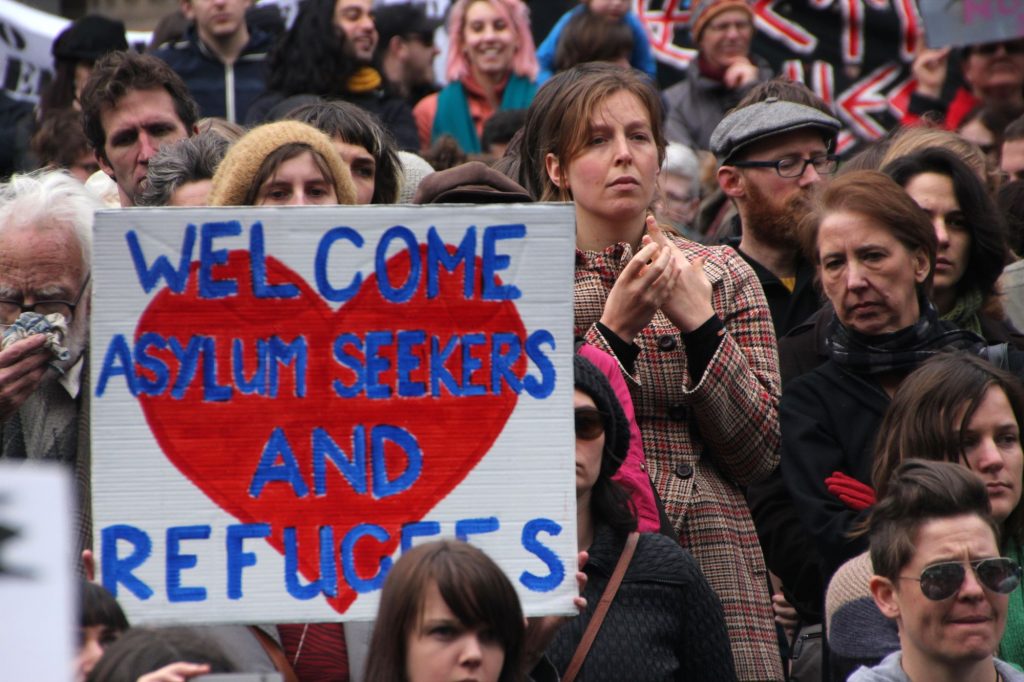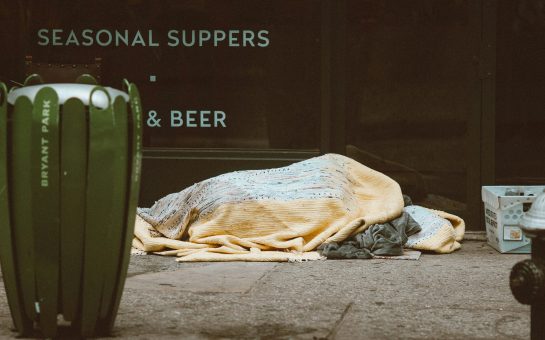As Afghan refugees begin to arrive in London, South West Londoner investigates what it means to be a Borough of Sanctuary, waiting to work and how one councillor is trying to get more areas of London involved.
Under UK law, people seeking asylum are not allowed to work while they wait for their status.
Currently, the government provides asylum seekers with £5.66 a day to cover food, clothing, sanitary products and transport.
Hina Bokhari, London Assembly member, said: “It is a tragedy that people come here hoping for a better life and they are treated this way.
“At the end of the day, working is a human right. We have no right to take that away from people.”

Bokhari is involved with campaigning for the rights of asylum seekers and is currently working on tactics to encourage other boroughs in London to become welcoming.
A new report conducted by Asylum Matters revealed the reality of life on asylum support.
The report, which had input from 184 people seeking asylum revealed that 92% did not have enough money to buy all they needed, with 84% saying they did not always have enough money to buy food.
The government recently confirmed an increase of just 3p a week in asylum support.
The ban on working means that many asylum seekers are waiting to work for years without a job which can have a hugely negative effect on their physical and mental health and leads many trained professionals to lose their vital skills.
The Lift the Ban movement campaigns for the right to work while waiting for a decision on an application for asylum.

What is life like waiting to work?
South West Londoner spoke to Jose from El Salvador who spent three years waiting for his refugee status, alongside his partner.
Jose came to the UK by plane: “I didn’t have the bad experiences of coming by other means like many other people who have to cross the channel or in any other difficult or unsafe way.”
He and his partner first came here on holiday but after a few days the situation in El Salvador changed and returning would have put them both in danger.
They took the decision to stay in the UK, leaving behind their steady jobs, their home and their car.
Jose told me about how attitudes towards himself and his partner changed after they applied for asylum.
He said: “When we went to claim asylum things changed completely.
“People were rude.”
Jose was placed in Home Office accommodation that he claimed was shocking.
He explained: “It didn’t cover the basic needs for people to live in normal standards.
“It was rotten and there was not proper heating.”
Jose went on to explain that not being allowed to work really affected his mental health, especially as he and his partner were coming from a background where they had both been working professionals.
In El Salvador, Jose had worked as a supervisor in a call centre on technical issues and outsourcing.
Jose ended up being referred for therapy and was later admitted to hospital due to poor health.
Despite getting his status a few months ago, Jose has not been able to find work to fit his qualifications, explaining that the UK doesn’t recognise them.
Now, Jose is hoping to go to university to study Global Politics and International Relations with an aim to get into research and ultimately help others who need support.
I asked Jose why the ban on waiting to work should be lifted.
He said: “Allowing people to work is good for all people all over the country.”
In a Refugee Action report published in 2018, the organisation argued that lifting the ban on working would:
- Strengthen people’s chances of being able to integrate into their new communities
- Allow people seeking asylum to live in dignity and to provide for themselves and their families
- Give people the opportunity to use their skills and make the most of their potential
- Improve the mental health of people in the asylum system
- Help to challenge forced labour, exploitation, and modern slavery
The Nationality and Borders Bill, which is currently at the Committee Stage in the House of Commons, has been criticised for its inhumane restructuring of the asylum process.
Many activist groups have been outraged at the revelation that the Bill seeks to introduce offshore processing for asylum seekers, with The Times revealing that the Home Office was in talks with Denmark who are creating a centre in Rwanda.
At the opening of the second reading of the Bill, Priti Patel said: “The British people have had enough of open borders and uncontrolled immigration…enough of people drowning on these dangerous, illegal and unnecessary journeys.”
What is being done?
Merton recently declared itself as a Borough of Sanctuary.
The motion, passed in February, stated: “We value the enormous contributions that refugees and migrants have made, and continue to make to the borough.”
Bokhari said: “Merton Citizens have been working incredibly hard to ensure the most vulnerable members of our community- people here to find sanctuary- are given the help they need; a chance to participate and give back to society.”
South West Londoner also spoke to Nick Coke from Salvation Army who work in conjunction with Merton Citizens campaigning on refugee and asylum issues.
They provide more practical help like clothes and foodbanks, as well as signposting people to law centres.
Coke has had a national role supporting refugees and asylum seekers nationwide since 2015.
Coke said that the help they give has been complicated by the pandemic, as well as the ability for people to learn key skills.
English classes moved online and the Wifi needed made living costs more expensive, exacerbating the struggles faced before the pandemic.
Mary Brandon from Asylum Matters said: “Through the pandemic when everything has gone online, many cannot afford devices to connect with the outside world, alongside food.”
“All the pressures that were already there in the system have been exacerbated.”
In the last 12 months, 26,903 asylum applications were made in the UK, a decrease from 2020 – a suspected effect of the pandemic.
The Home Office was contacted for comment.
Feature Image Credit: Mstyslav Chernov/Unframe via Wikimedia Commons




